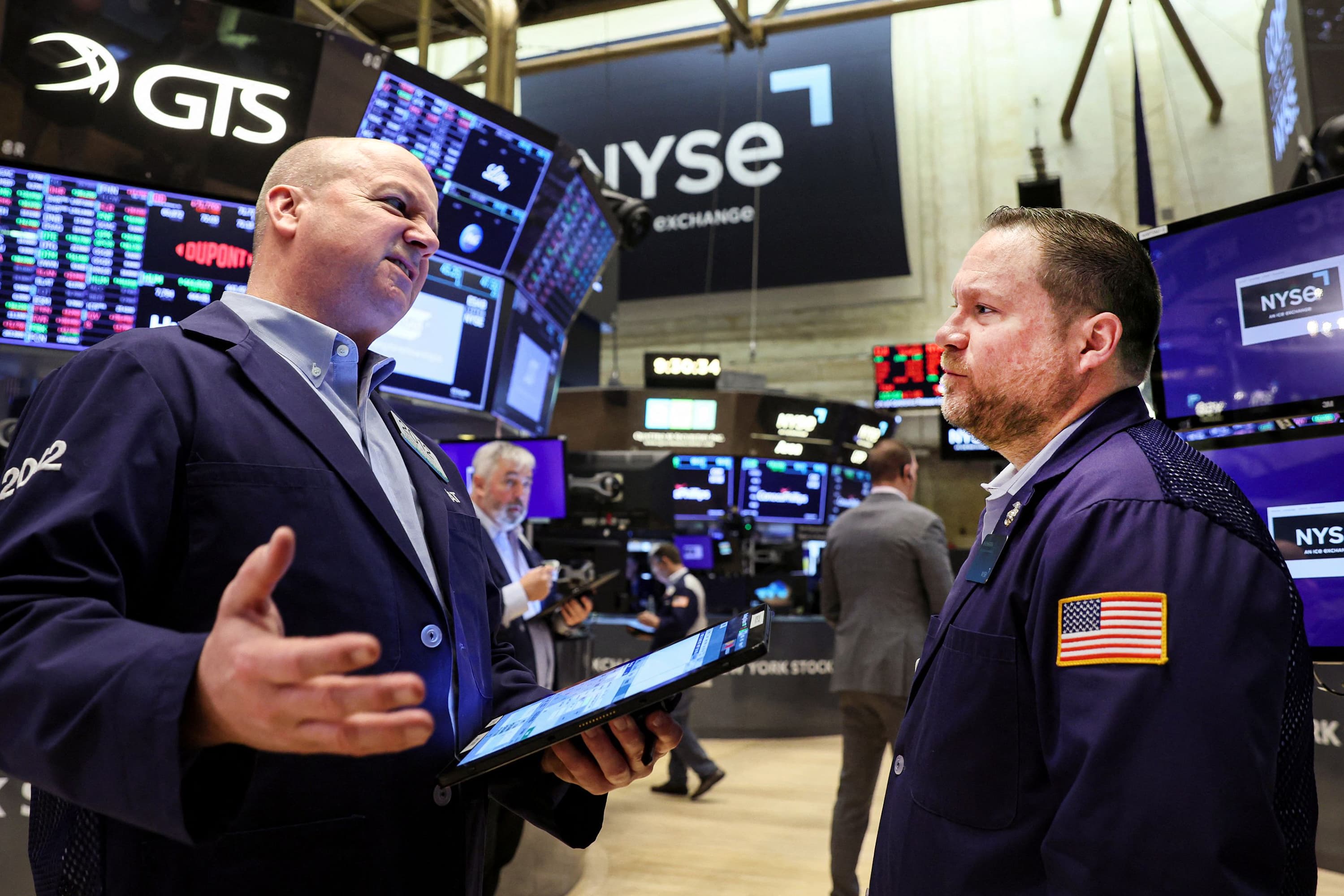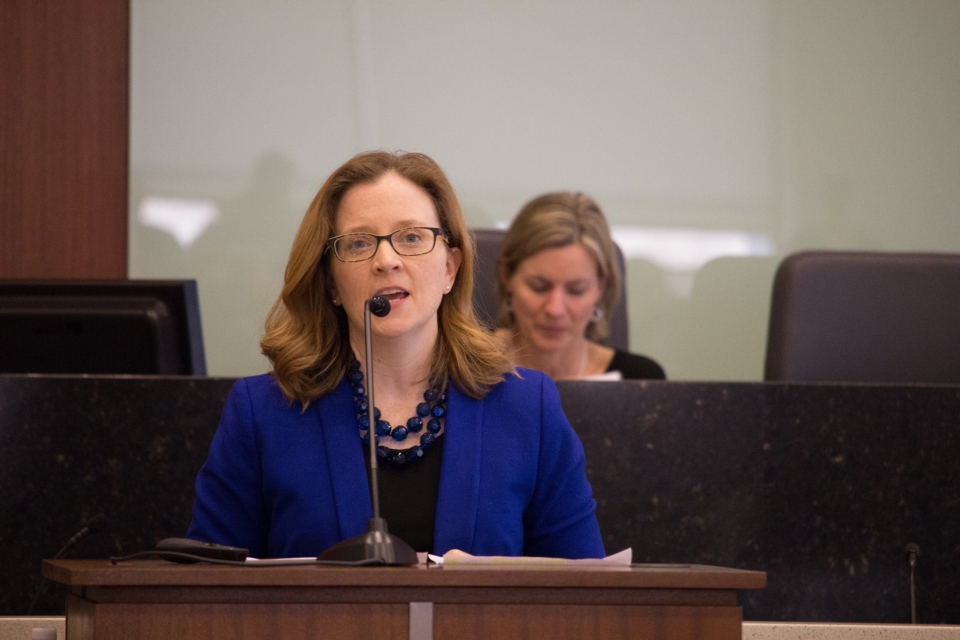Rep. Katie Watchman (D-CA) is one of a few lawmakers requiring a restriction on stock exchanging by current individuals from Congress.
“I firmly support moving rapidly with a prohibition on senators exchanging stocks,” Watchman said. “Furthermore, I think we really want to ensure it’s powerful. This can’t be an empty revelation strategy. It should be areas of strength for a, prohibition on one or the other exchanging or possessing.”
Doorman’s proposed regulation, The STOCK Demonstration 2.0, wouldn’t just deny legislators from exchanging individual stocks yet would likewise cover the president, VP, and High Court judges, as well as Central bank lead representatives, presidents, and VPs. Assuming that these authorities were to disregard the law, they would be expected to suffer a common consequence of “at the very least 10% of the worth of the covered venture” that was made infringing upon the standard.

Watchman’s bill, which develops the current divulgence rules in the STOCK Demonstration, would likewise require individuals from Congress, their ranking staff, and the Oval Office to unveil any time that they, a companion, or a reliant applies for or gets a money related benefit from the public authority.
Inability to document exchange reports as expected by the proposed bill would cause a $500 punishment. Moreover, both individual monetary divulgences and STOCK Demonstration exchange reports would be expected to be made accessible to the general population in an effectively open way.
“We have decides right now that say when Congress individuals exchange stocks, they need to make those divulgences,” Doorman said. “Yet, what we’ve seen from the two sides of the path is an inability to keep the guidelines that we laid out for ourselves.”
‘Congress has an extraordinary obligation’
Under the STOCK Demonstration of 2012, administrators are expected to report their stock exchanges in no less than 45 days of the exchanges. In any case, a report by Insider found that 54 individuals from Congress have neglected to report their exchanges appropriately.
What’s more, following the Coronavirus prompted financial exchange crash in Walk 2020, an examination by ProPublica and The Middle for Responsive Governmental issues uncovered that Sen. Richard Burr (R-NC), who was director of the Senate Knowledge Board at that point and got private briefings about the arising danger of the Covid pandemic, and his significant other sold various stock offers following those briefings. (Burr denied the charges, however the Protections and Trades Commission (SEC) is apparently as yet researching.)
Three different legislators — Dianne Feinstein (D-CA), Jim Inhofe (R-alright), and Kelly Loeffler (R-GA) — were likewise investigated for stock exchanges in front of the market slump.
Following the disclosure of those exchanges, different lawmakers proposed regulation pointed toward forestalling insider exchanging by individuals from the public authority. Sens. Jon Ossoff (D-GA) and Imprint Kelly (D-AZ) presented a bill that would restrict individuals from Congress and their close relatives from managing any stock exchanges while serving in office. Whenever abused, the proposed regulation would have that legislator’s whole compensation seized.
Furthermore, a comparative proposition was uncovered in Congress by Reps. Abigail Spanberger (D-VA) and Chip Roy (R-TX).
Watchman, nonetheless, needs to ensure that anything regulation is passed includes all parts of the public authority.
“Our vote based system is just all around as solid as individuals’ confidence in government,” she said. “Furthermore, that is valid about the authoritative branch, the legal branch, and the regulatory branch. So I think restrictions on stock exchanging need to apply to all parts of government and that Congress has an exceptional obligation to hold ourselves to the best expectations.”

 Global Ladies’ Day Nasdaq President Adena Friedman on propelling ladies to the C-suite
Global Ladies’ Day Nasdaq President Adena Friedman on propelling ladies to the C-suite  Why Dallas Ranchers Lobby of Notoriety QB Troy Aikman is taking on Enormous Brew
Why Dallas Ranchers Lobby of Notoriety QB Troy Aikman is taking on Enormous Brew  Gonzaga star Drew Timme talks Nothing and being a Jawline fluencer I can truly get imaginative with it
Gonzaga star Drew Timme talks Nothing and being a Jawline fluencer I can truly get imaginative with it  Young ladies Who Code pioneer ‘Working environments have never been worked for ladies’
Young ladies Who Code pioneer ‘Working environments have never been worked for ladies’  Popularity based lead representative cautions against ‘repeating Communist Coalition lines’ and constraining Enormous Oil to bore
Popularity based lead representative cautions against ‘repeating Communist Coalition lines’ and constraining Enormous Oil to bore  Why Huge Pharma’s fundamental contention about drug costs doesn’t hold up, as indicated by Rep. Katie Watchman
Why Huge Pharma’s fundamental contention about drug costs doesn’t hold up, as indicated by Rep. Katie Watchman